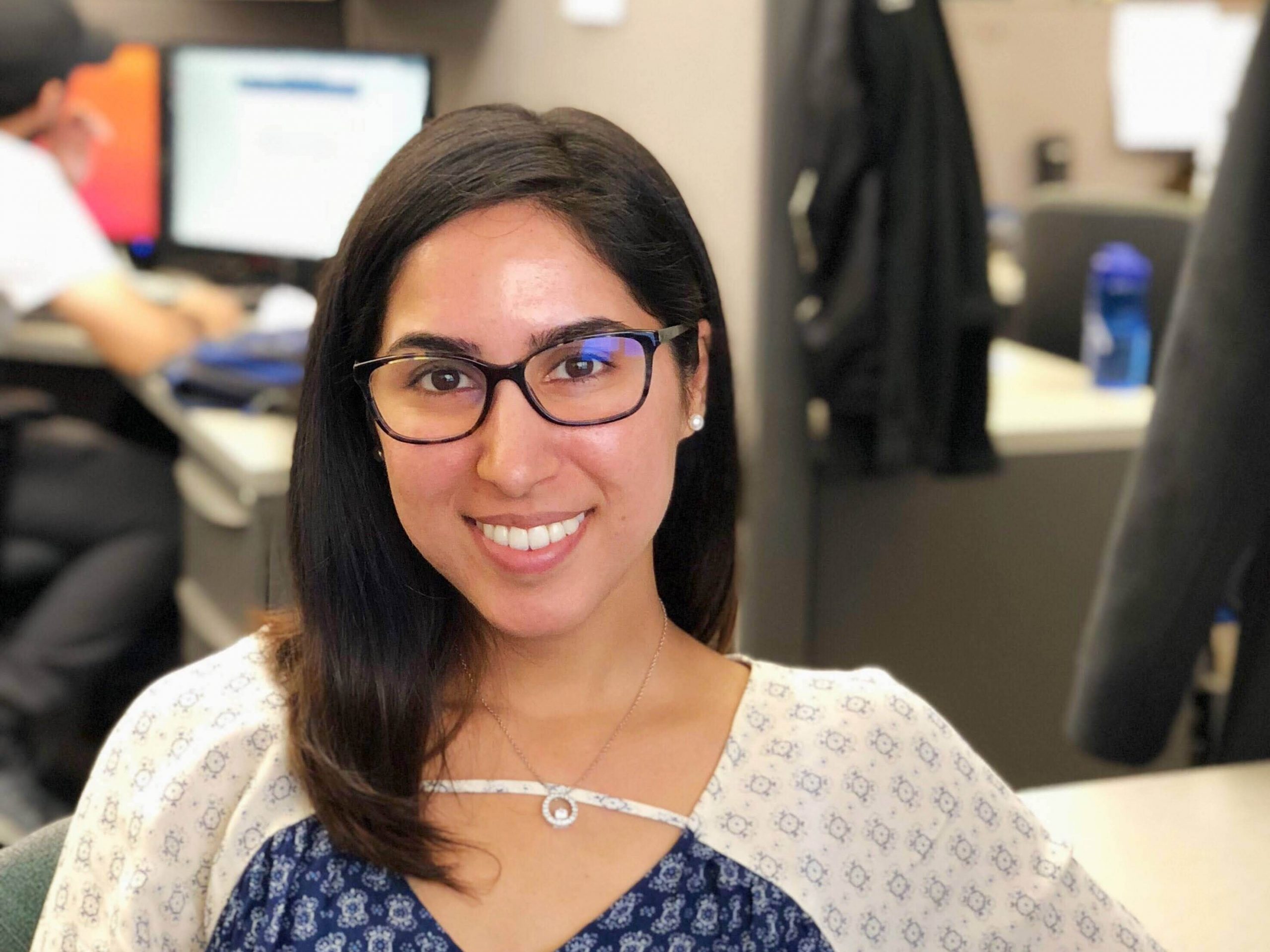
“This might all sound obvious, but the simple truth is that forming good habits and time management takes effort and practice.”

“This might all sound obvious, but the simple truth is that forming good habits and time management takes effort and practice.”